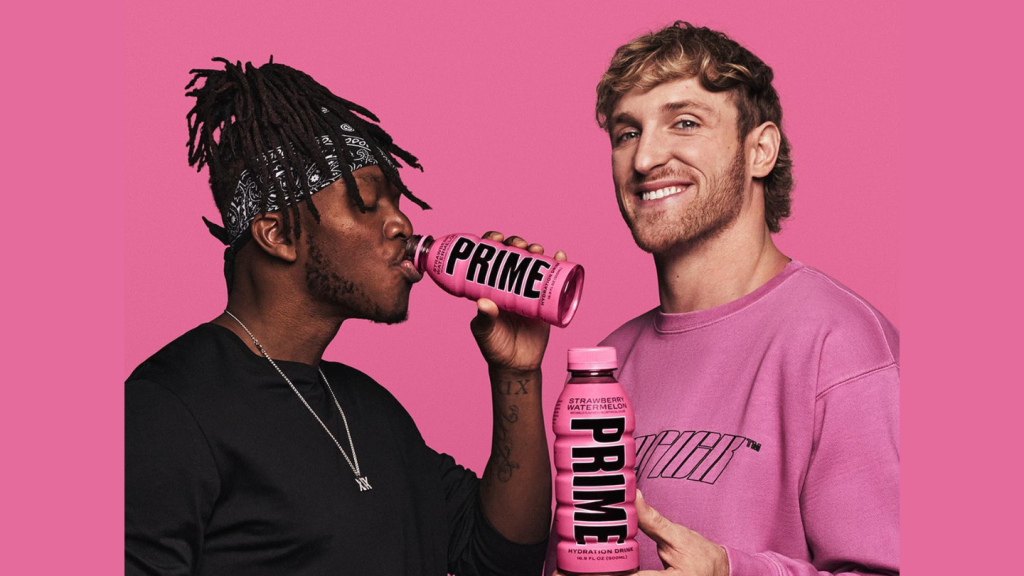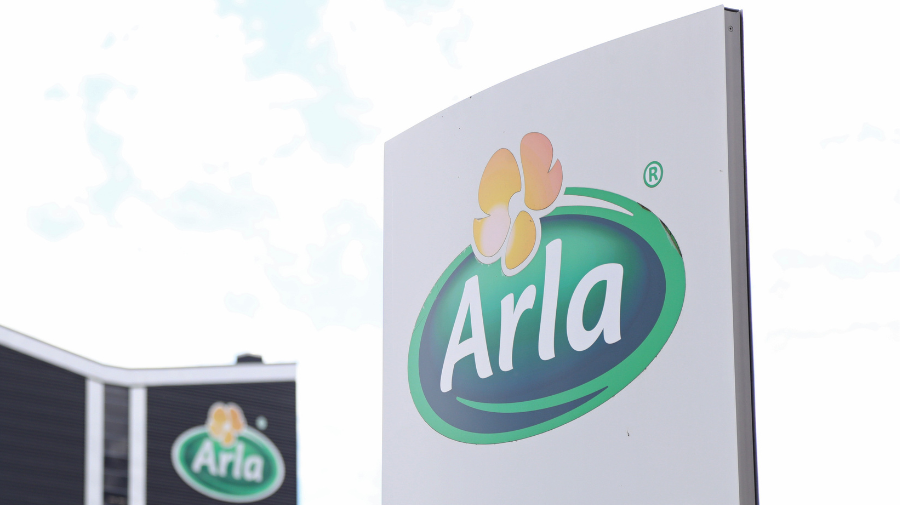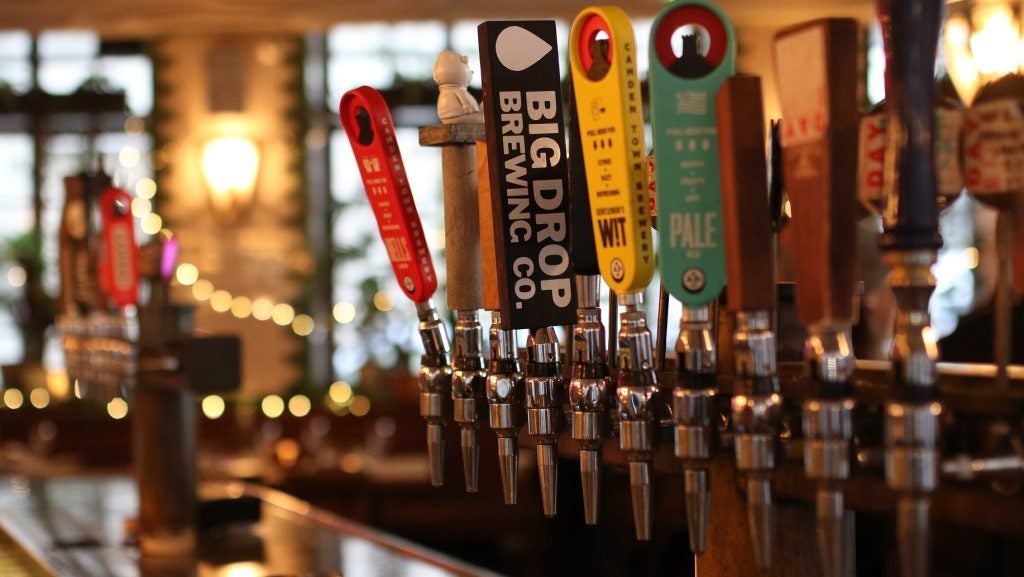 Consolidation among Australia’s retailers is already putting desperate pressure on the country’s drinks industry. But as David Robertson explains, the grip of the retail majors is set to tighten as acquisitions continue.
Consolidation among Australia’s retailers is already putting desperate pressure on the country’s drinks industry. But as David Robertson explains, the grip of the retail majors is set to tighten as acquisitions continue.
The decision by Australia’s competition regulator to allow further consolidation in the liquor retailing industry has prompted cries of foul play from both winemakers and small retailers.
Woolworths and Coles control about 80% of the Australian grocery business and both chains are aggressively building their liquor divisions, despite archaic licensing laws that, for the moment, limit their control.
Woolworths’ target is to increase liquor sales to A$2.5bn by 2005, from a forecast $1.7bn this year and $1.4bn last year. The company has 235 stand-alone liquor stores under a range of brands and 300 attached to supermarkets, but is opening dozens more.
Typical of its strategy is Dan Murphy’s, an outlet bought from wine journalist Dan Murphy four years ago. Since the acquisition, Woolies has doubled the number of Dan Murphy stores and is opening a dozen more this year. These suburban stores are on average three times larger than independent stores, and guarantee lowest prices.
How well do you really know your competitors?
Access the most comprehensive Company Profiles on the market, powered by GlobalData. Save hours of research. Gain competitive edge.

Thank you!
Your download email will arrive shortly
Not ready to buy yet? Download a free sample
We are confident about the unique quality of our Company Profiles. However, we want you to make the most beneficial decision for your business, so we offer a free sample that you can download by submitting the below form
By GlobalData“You won’t see Dan Murphy’s prices going up and down, you’ll only see them going in one direction – always down,” Woolworths chief executive Roger Corbett ominously warned last month.
Coles, which has nearly 600 liquor outlets, was given the go ahead earlier this month by the Australian Competition and Consumer Commission to buy Theo’s, the third largest independent liquor chain in Australia.
Coles has secured the 49 New South Wales Theo stores and is understood to be negotiating with the Karedis family to buy another 22 stores in Queensland.
“The customer has never had it so good,” Coles chief executive John Fletcher said at a recent results conference.
But Fletcher’s enthusiasm is not shared. The supermarkets are now in a position to bully discounts from suppliers and grab bulk prices.
Former Southcorp boss Keith Lambert blamed the retailers for the recent 97% collapse in first half profits and institutional shareholders are warning that the retail squeeze, as well as problems in export markets, will force more consolidation in the Australian wine sector.
Another drinks executive agreed with Lambert’s assessment, suggesting that all Australian suppliers, including the beer barons, will be hit by the consolidation of the retail sector.
“The chains are hell bent of acquiring greater market share,” adds Peter Wilkinson, president of the Liquor Stores Association of Victoria. “Coles and Woolies currently profess to have about 30% of the packaged liquor market between them and they are saying they want 60%. The logical step is to say that 30% will have to come from the independent sector. Can the current number of independents sustain a halving in their turnover without casualty? I doubt it.”
One independent store in Sydney has taken to advertising “Woolworths Bullet Deflector” deals on Southcorp’s Wynns Chardonnay to raise consumer awareness of the pressures faced by their local bottle shop.
The ACCC is also unhappy about the moves by Woolies and Coles to dominate the independents. The regulator has a bee in its bonnet over the duopoly enjoyed by these two companies in the grocery business but it has little power to stop “acquisition creep”: the picking up of one or two outlets at a time.
The regulator is still considering whether to allow the purchase of 12 Super Cellar outlets in South Australia by Woolworths but given the Theo precedent it seems likely to be cleared. The ACCC might make more of a fuss if, as reported, Coles and Woolies bid for the largest independent, Kemenys.
What is currently saving the smaller retailers from all out war with the supermarkets are Australia’s antiquated liquor licensing laws. In the state of Victoria one organisation is limited to 10% of the total number of licenses: Coles currently has 123 of the 1,430 total and Woolworths holds 135 with 14 pending, meaning that both organisations have little potential for growth. In July, however, the limit is raised to 11% and then 12% at the same time in 2004. The cap will be removed completely at the end of 2005.
Independent retailers in Victoria are also facing pressure from the German discount supermarket chain, Aldi, which has applied for seven licenses.
In New South Wales new licenses are blocked unless an applicant proves that a community desperately needs a bottle shop and in Queensland liquor outlet ownership is tied to pub ownership – hardly a supermarket strength.
But both these states face an overhaul in their liquor laws as the trade practices act is under review and analysts believe that companies will soon be given considerably more freedom to own outlets. Independent retailers therefore face a difficult time ahead.
And the Australian drinks industry will continue to be held hostage by the supermarkets; although it seems likely that the ransom demanded may rise.






